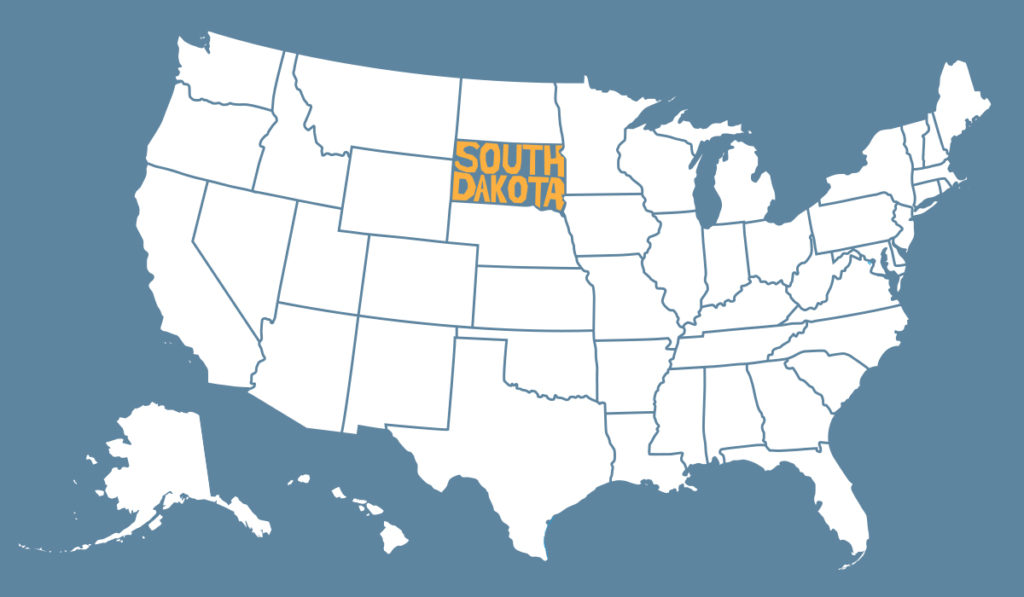PIERRE, S.D. – (May 5, 2016) – Finance website Wallethub recently found South Dakota is second only to Nevada when it comes to gambling addiction, and the Rushmore State is disputing that claim. A recent article in the Rapid City Journal says the state created nearly 2000 jobs and $300 million in preservation products from the lottery. The WalletHub study found South Dakota ranked #1 in casinos and lottery sales by population, and 2nd in the number of gaming machines at 24 for every 1000 residents. South Dakota’s residents spend an average of over $1000 annually on the lottery. However, experts in the state say that of the $30,000 in funding for gaming treatment in the state each year, only $13,000 was actually used. 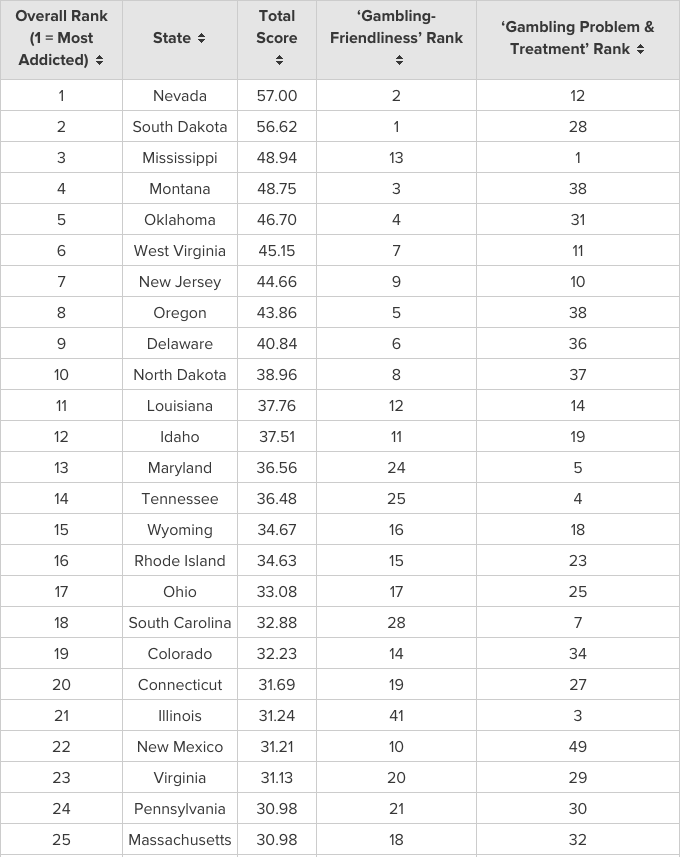 According to the National Council on Problem Gaming, gambling disorder affects over 2% of adults in the country, and costs those suffering around $6 billion a year. The average debt of a male addicted to gambling is between $55,000-$90,000, and females average around $15,000. Still, those who support gaming say the $240 billion industry has been a major contributor to the economy, funding education, road projects and preservation on a local level.
According to the National Council on Problem Gaming, gambling disorder affects over 2% of adults in the country, and costs those suffering around $6 billion a year. The average debt of a male addicted to gambling is between $55,000-$90,000, and females average around $15,000. Still, those who support gaming say the $240 billion industry has been a major contributor to the economy, funding education, road projects and preservation on a local level. 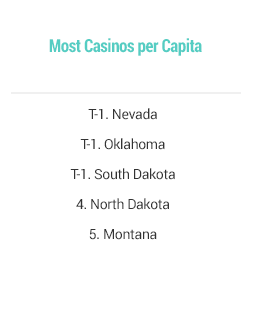 “Gambling is a process addiction,” says Vertava Health Admissions Manager Rachel Miller. “In our clients, it is very often coupled with another type of addiction. Someone may control their addiction to alcohol or substance use, but will then slide into gambling or sex or overeating to compensate. The key to combatting these types of addictions is treatment. If you don’t get help, eventually you will slide into another addiction that can be just as harmful to you mentally and physically.”
“Gambling is a process addiction,” says Vertava Health Admissions Manager Rachel Miller. “In our clients, it is very often coupled with another type of addiction. Someone may control their addiction to alcohol or substance use, but will then slide into gambling or sex or overeating to compensate. The key to combatting these types of addictions is treatment. If you don’t get help, eventually you will slide into another addiction that can be just as harmful to you mentally and physically.” 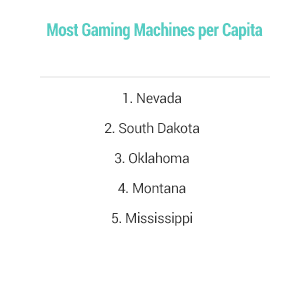 Miller says most of the time when someone seeks out help for gambling, once they get into the issues surrounding it, they find there is another addiction that maybe they hid on an initial first call – a common theme for addictions that are deemed more “socially acceptable”.
Miller says most of the time when someone seeks out help for gambling, once they get into the issues surrounding it, they find there is another addiction that maybe they hid on an initial first call – a common theme for addictions that are deemed more “socially acceptable”. 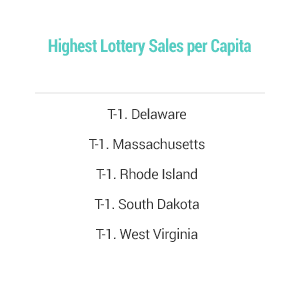 South Dakota’s 24/7 Alcohol Program, which launched in 2005 and offered treatment for alcoholism in the criminal justice system, has been directly linked in studies to decreasing the state mortality rate by 4.5%. The state saw 32 opiate overdoses in 2013, and 42 in 2014. Attorney General Marty Jackley says that number is moving in the wrong direction, and he plans to launch an awareness campaign this summer.
South Dakota’s 24/7 Alcohol Program, which launched in 2005 and offered treatment for alcoholism in the criminal justice system, has been directly linked in studies to decreasing the state mortality rate by 4.5%. The state saw 32 opiate overdoses in 2013, and 42 in 2014. Attorney General Marty Jackley says that number is moving in the wrong direction, and he plans to launch an awareness campaign this summer.  South Dakota averages about 66 opiate prescriptions per 100 people, which may seem high, but puts the state in a lower risk compared to the rest of the country, with close to half the states averaging more prescriptions than people.
South Dakota averages about 66 opiate prescriptions per 100 people, which may seem high, but puts the state in a lower risk compared to the rest of the country, with close to half the states averaging more prescriptions than people. 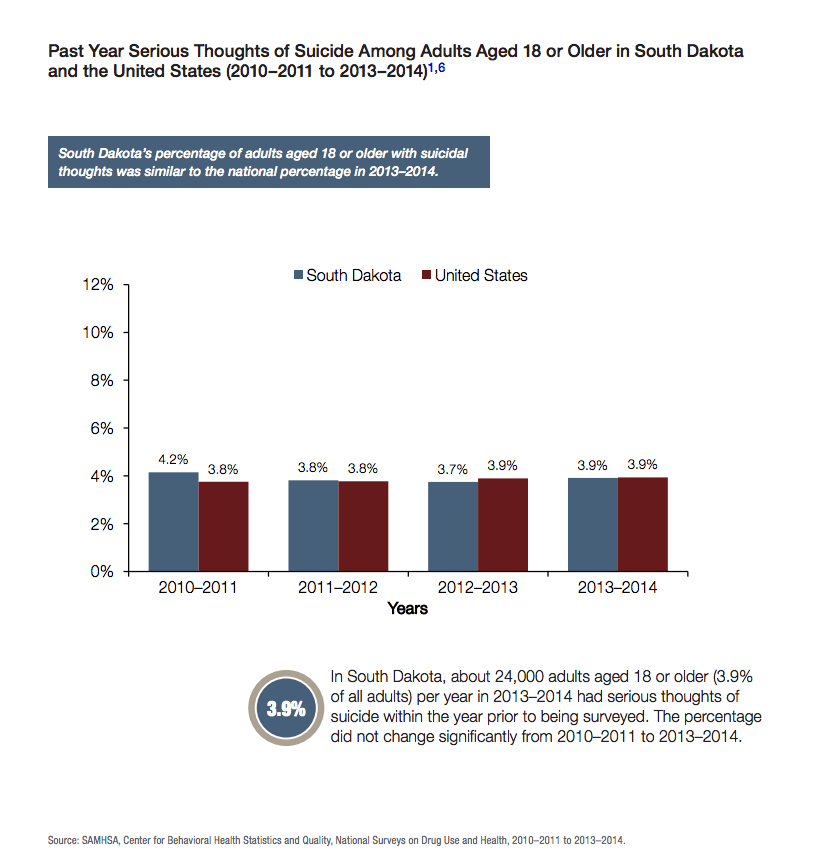
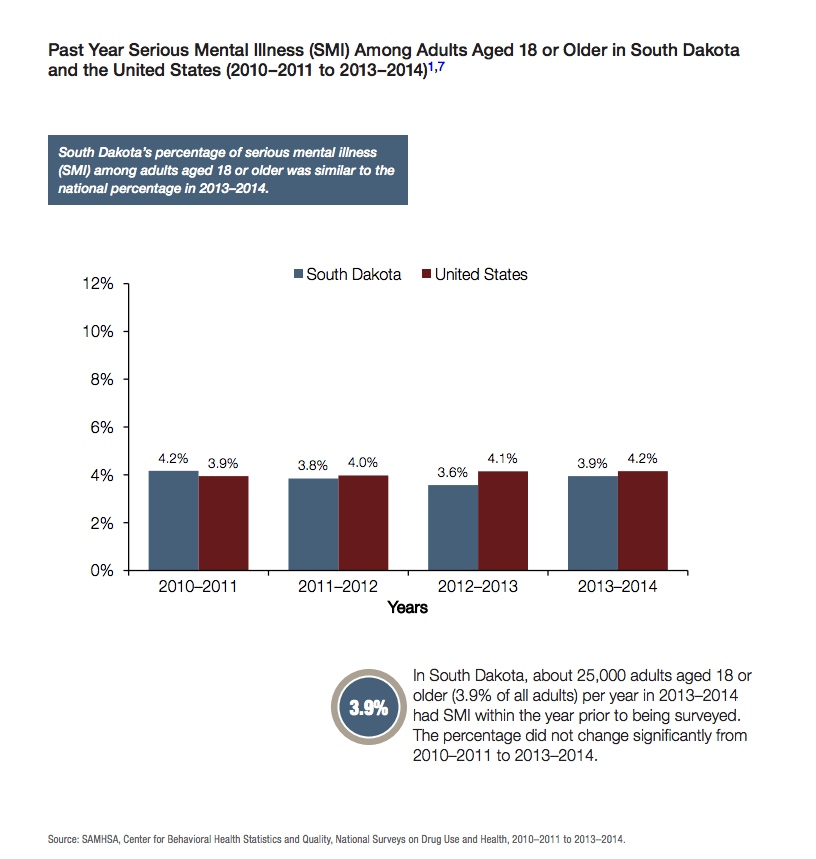
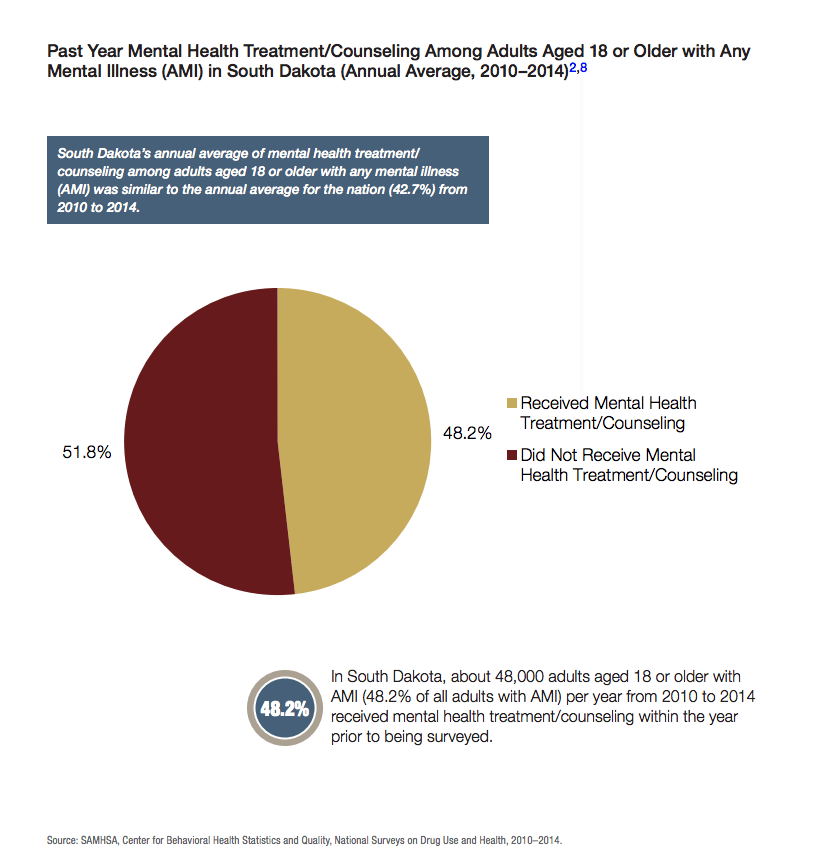
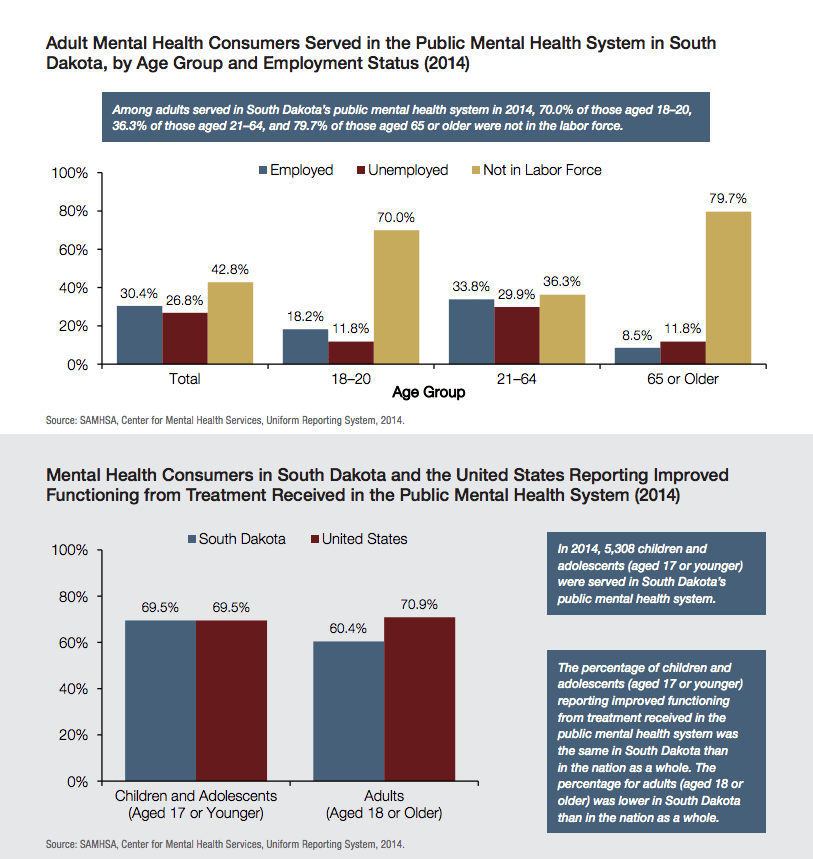
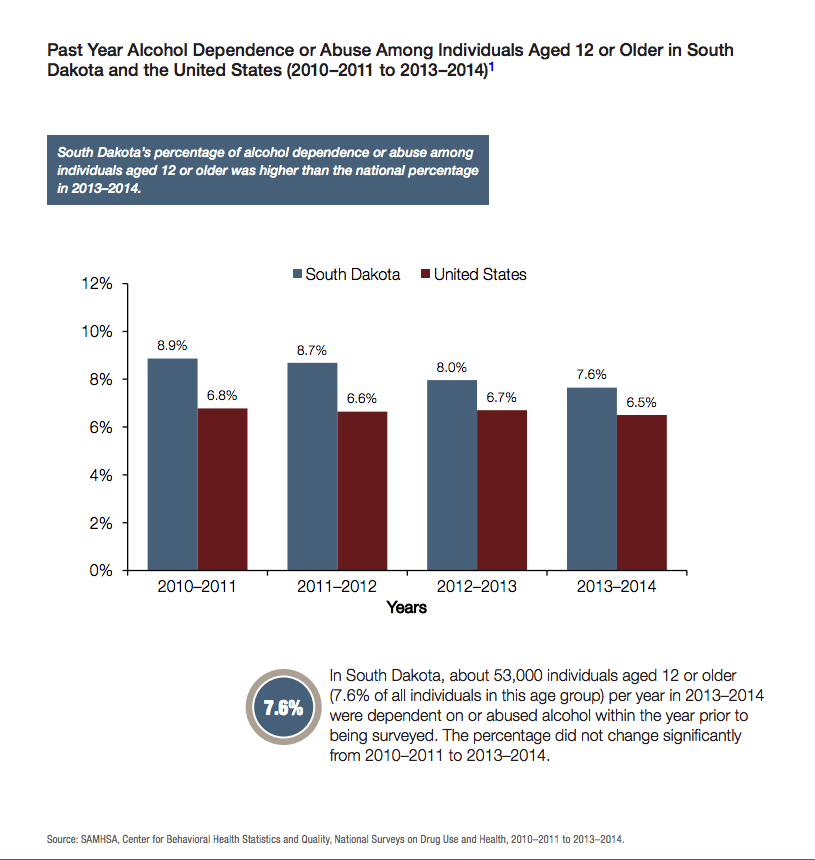
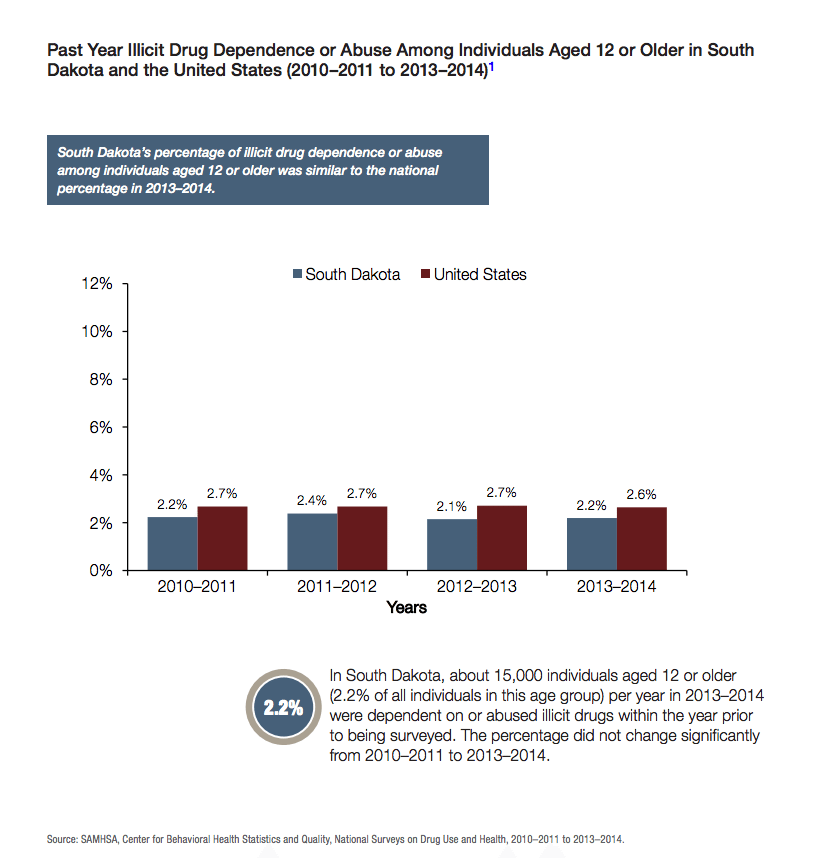
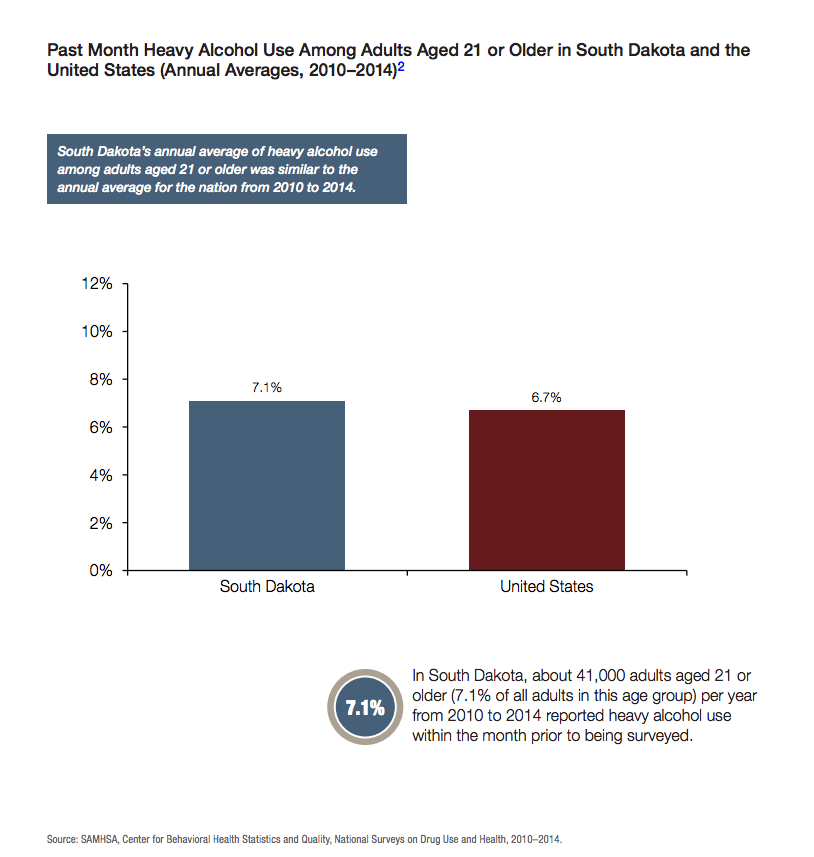
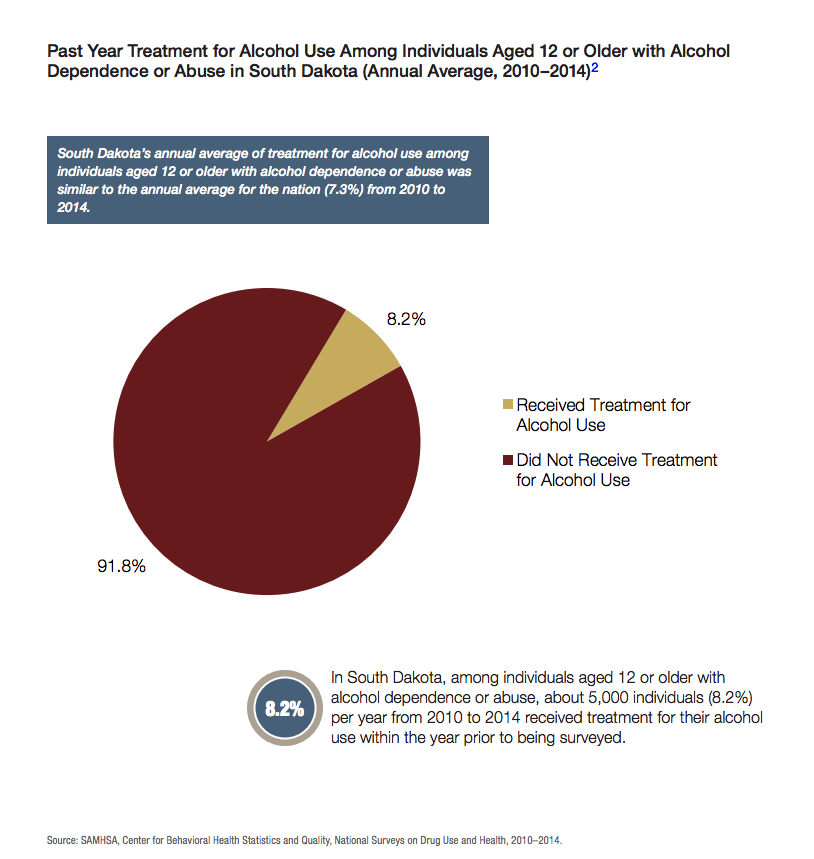
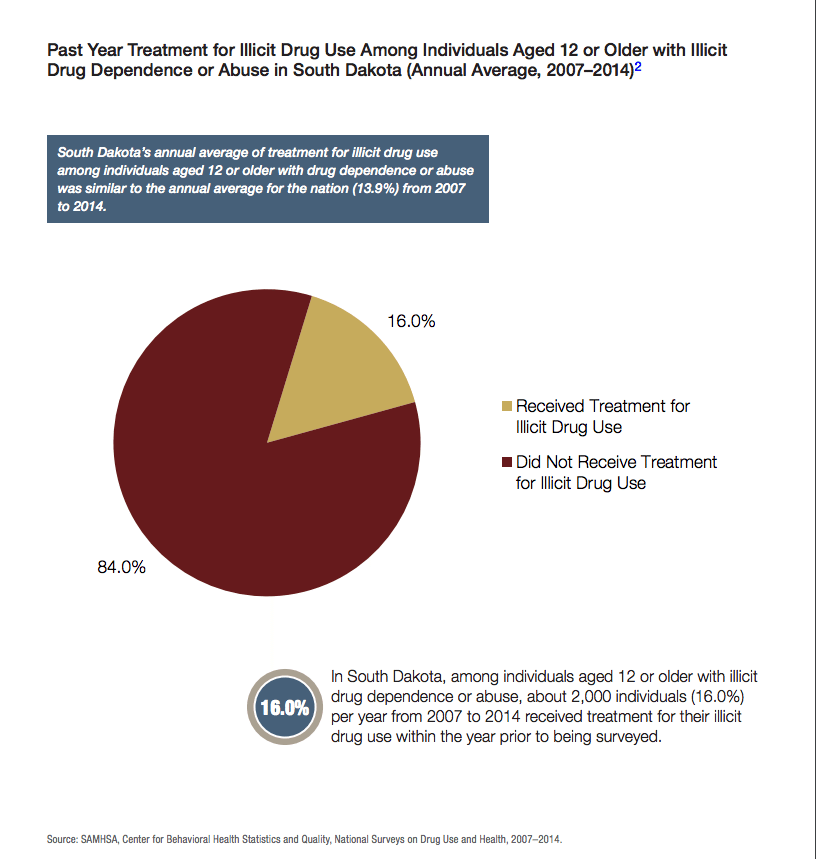
STATE OF AFFAIRS: Study Finds South Dakota #2 For Most Gambling Addicted State
